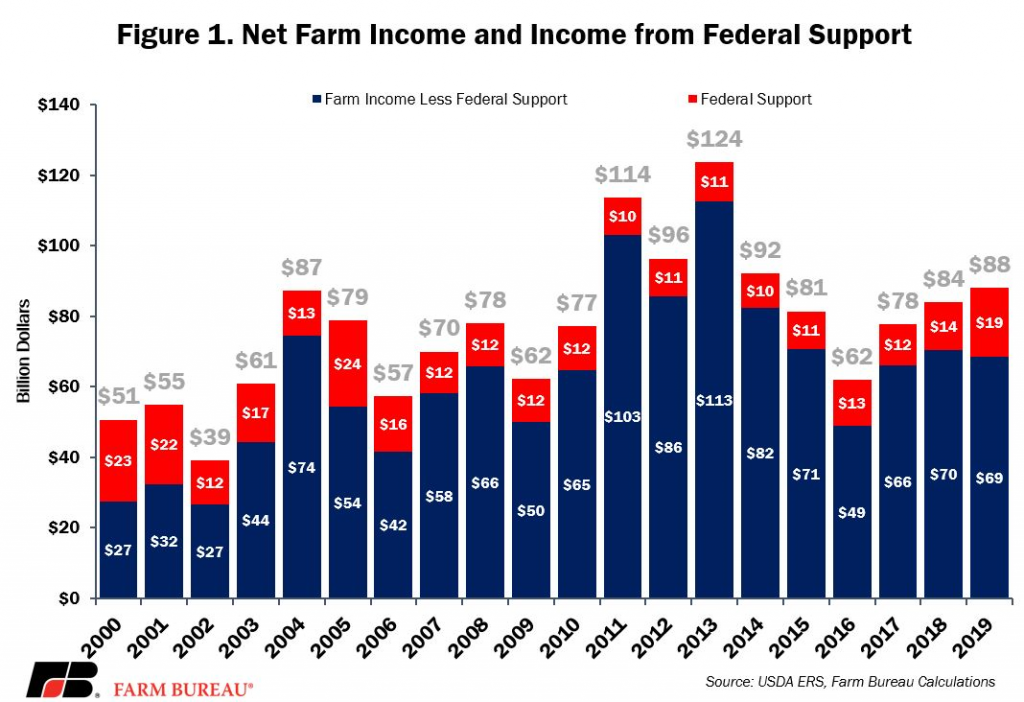The idea of owning a farmers market can be attractive. After all, who wouldn’t want to sell fresh produce and other locally-grown foods? But it’s not all sunshine and rainbows – there are real financial considerations that come with owning such a business.
In this article, I’ll show you how much money owners earn on average from their farmer’s markets, the assumptions behind those calculations and analysis presented in the previous section, and some suggestions for making your own farmers market more profitable.
Is owning a farmers market profitable?
If you’re considering opening your own farmers market, here’s what you need to know about profitability. You should be aware that most markets don’t make much money at all. Of the 600-plus markets nationwide listed in LocalHarvest’s directory, only about 4% were profitable in 2010.
The median income for owners of profitable markets is between $50,000 and $100,000; however, many owners work long hours and invest a lot of personal time into their businesses.
Additionally, owning a farm market can be physically demanding because many markets require farmers to haul produce from their farms on foot or by bike—a real challenge when they are transporting heavy loads over long distances!

What are some assumptions behind the calculations and analysis presented?
The assumptions behind the calculations and analysis presented in this article are:
- Full-time work (40 hours per week)
- 52 weeks per year
- A 40% tax rate, is likely to be less of a factor for business owners who have already paid off their own taxes as sole proprietors or independent contractors. However, even if you take advantage of being your own boss, there will still be income tax and self-employment taxes to pay.
- A 20% profit margin on sales, which might seem low but is actually quite reasonable when considering how much farmers market vendors really spend on their produce and other inventory. The profit margin can vary depending on the type of products sold at your market—it may range from 10% to 30%. For example, if a vendor sells $1 million worth of goods yearly at 15%, he would need roughly $500K in revenue just to break even after all expenses were taken into account!
What can you do to increase your profits?
There are a number of things you can do to increase your profits.
- Look for ways to increase sales. If your sales are up, you’ll be making more money. Try new marketing strategies and promotions, offer additional services (such as catering), create a loyalty program, or improve the efficiency of your business operations.
- Look for ways to decrease costs. Every dollar saved increases your profit margin and increases the amount of money you have available for reinvestment in the business or other activities like marketing campaigns that might bring in more revenue than they cost initially! Consider outsourcing some tasks if it’s possible—it may lower both labor costs (since someone else does all the work) as well as equipment/supply expenses since those items don’t need replacing constantly like employees do (or if they do then usually only once every few years).
How much money do owners earn?
Farmers markets are a great way to sell your products and make money, but before you get started, you should know how much money farmers actually make. For example, how much do farmers earn per year? How much do they make after costs? Do they make hourly wages or a commission on sales? What are the average expenses associated with running a farmers market? Here’s what we found.
How Much Do Farmers Earn Per Year?
Most farmers keep their profit margin low in order to keep prices low for customers and build loyalty within the community.
The average farmer keeps about 10% of sales as profit – but that number can vary significantly depending on which crops or animals are being sold at the market.

How many hours per week do they work?
How many hours per week do they work?
You may be surprised to hear that most owners work about 50 hours per week. Some work 60 or 70, but there are also some who only put in around 40 or even 30. How many hours you put in depends on the size of your business and what you want it to look like down the road.
If you’re just starting out, you’ll probably need to put in more time than someone who has been running their farm for years—but once things get rolling, it’s likely that your workload will decrease as other things become automated and routine.
Still, other farmers prefer it this way because they don’t want their lives overtaken by running their own businesses; these folks are content with spending 20-30 hours a week doing what they love most: farming!
How much money is the farmers market earning in gross sales?
The simple answer to this question is: it depends. But here are some things to keep in mind when answering it:
- Gross revenue is not the same as net profit. Net profit is how much money a business makes after all its expenses have been paid. For example, if you sell 100 apples at $1 each and then spend $100 on marketing materials (and nothing else), your gross revenue will be $100 but your net profit would be -$100 because you spent more than you earned (in this case, $100).
- Gross margin is the percentage of sales that remains after subtracting the cost of goods sold from total sales revenues. It’s expressed as a percentage by dividing gross profit by sales revenue and multiplying by 100%. In our example above, if we sold 100 apples at $1 each and spent $50 on advertising/promotion materials, our gross margin would be 50% ($0 – 50 = -50 x 100%).
While owning a farmers market can be profitable, it’s not always easy.
If you are willing to work hard, long hours, and do some innovative marketing, then you will be able to make money from your farmers market.

Conclusion
If you’re considering starting your own farmers market, there are many things to consider. On the one hand, the potential for success is there; on the other hand, it can be a lot of work.
The best way to get started is by learning what others have done before you and following their lead. We hope this article has given you some insight into what it takes to make money from selling at a farmers market!











